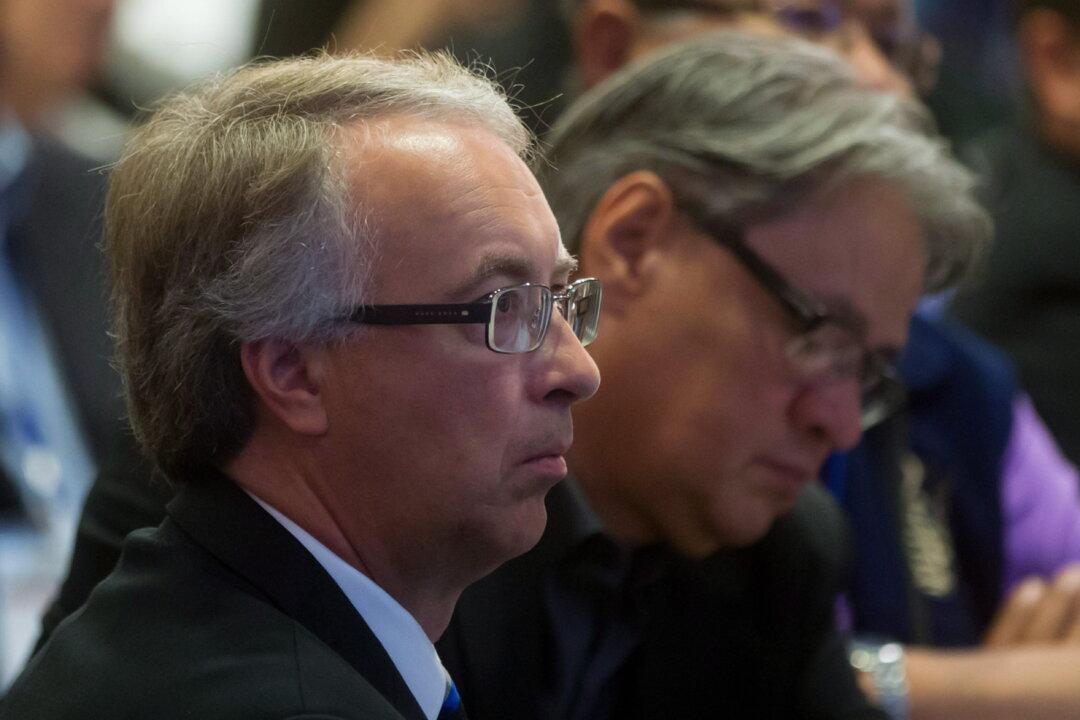B.C. Liberal MLA John Rustad, who was recently ousted from his party for reposting a tweet that questioned carbon dioxide’s role in climate change, says he did so because the government’s climate policies that revolve around CO2 emissions ignore contrary data and are “intentionally hurting people” by making life unaffordable.
A former cabinet minister and currently representing the Nechako Lakes riding as an independent MLA, Rustad says recent policies that mandate the reduced use of fossil fuels or the axing of fertilizer emissions are being pushed by “environmental elitists” who aren’t acknowledging the human suffering these policies bring about.





